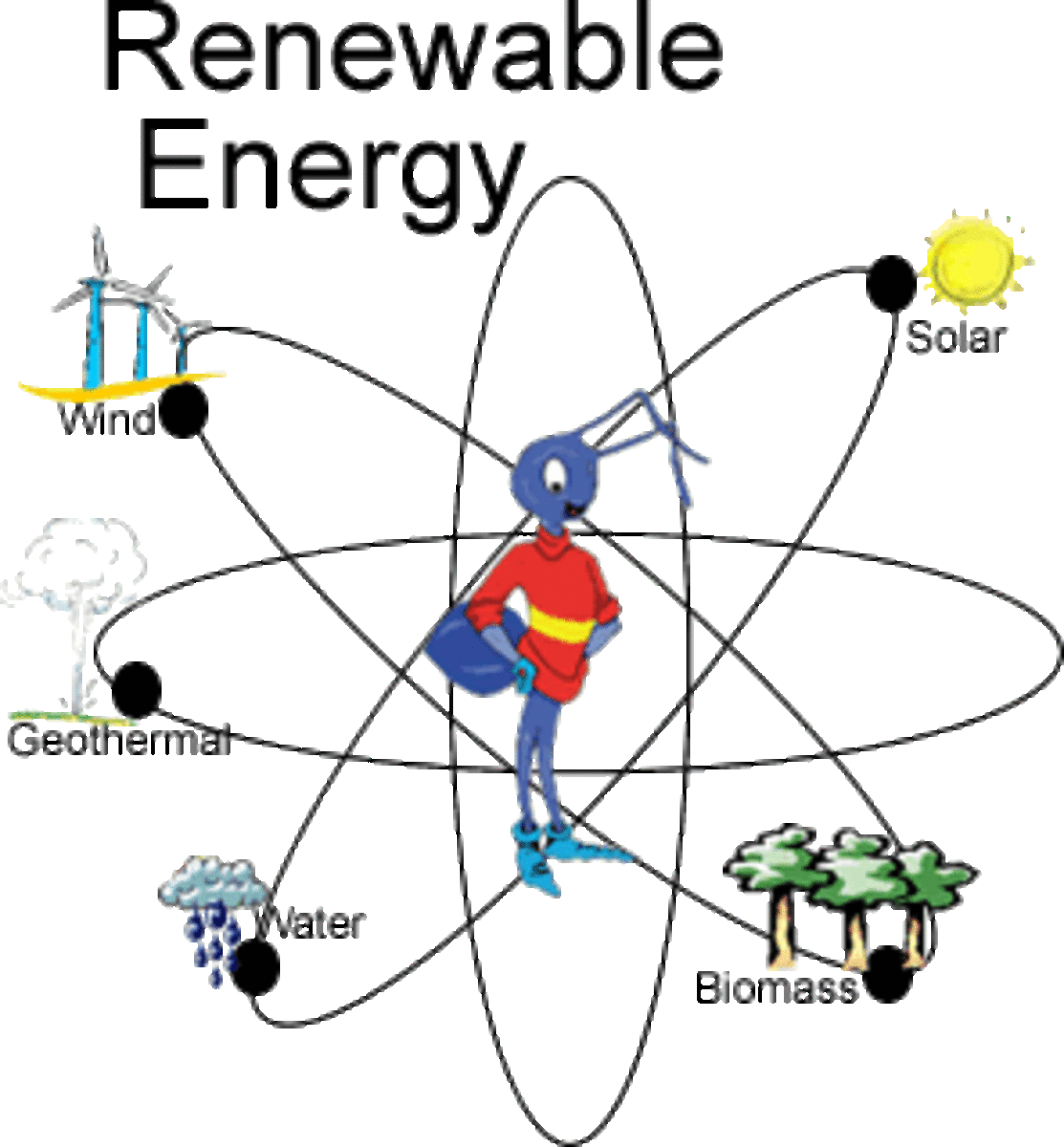The Need Of The Hour Is Safe Energy
The recent disaster in Fukushima, Japan, raises serious doubts about nuclear energy. Many nations have started rethinking on their strategy to meet their energy demands. A few experts have added nuclear energy also to the list of "dirty energy". In this context, energy from renewable sources seems to be the safest bet.
Even during the end of the last century, experts were proclaiming that there were no major alternatives to nuclear energy and energy from fossil fuels. These experts were perhaps a misguided lot themselves or they were purposely misguiding people that energy from renewable sources was not cost-effective. Now, everything has turned topsy-turvy and the same experts agree that renewable energy is very much capable of meeting the needs of the global population completely. They also agree that renewable energy is cost-competitive also. It is true that unlike in the case of wind energy, solar energy needs more investments initially but after about three years, even this source is sure to break even.
The abundance of the energy that can be generated from these renewable sources is mind-blowing. A study by Greenpeace suggests that a meager 1.3 per cent of the energy from renewable sources can cater to the entire developed economy for about 10 years. That is the reason many highly informed people have started developing apprehensions about the role of big corporations in influencing governments not to completely switch to renewable energy. They want to "make hay while the sun shines". The supplies that are required for nuclear energy and other forms of "dirty energy" can fill their coffers very fast. Though they know that their avarice can affect the health and lives of large populations, they have the aim of earning millions of dollars in the short-term. It also appears that major government decisions are influenced by these big corporations. Public interest is obviously thrown to the winds. If you compare the subsidies that are extended to nuclear and fossil fuels with those that are given to renewables, the latter is only a fraction of the former.
One of the greatest benefits of energy from renewables is that it can be produced in a decentralized form. Projects of smaller and suitable sizes can help people to take care of their own energy needs. This strategy can immensely help the economies of the nations also because market fluctuations and sudden policy changes of governments or big corporations may not adversely impact these small projects.
A few governments like Germany have already decided to show the exit to nuclear energy and to switch to renewables. Other governments should also free themselves from the shackles of greedy, big corporations and make this decision for providing a clean energy to their populations. A study reveals that the market size of the renewable energy industry is expected to touch $2 trillion in the next ten years. Throughout the world, this industry employs about 2 million people as of now. In the United States alone, employees in the wind industry sector far outnumber those working in the coal mines.
At least after Fukushima, governments should gear up for a major shift in their energy policies so that they can give a safe and clean energy to their peoples.









